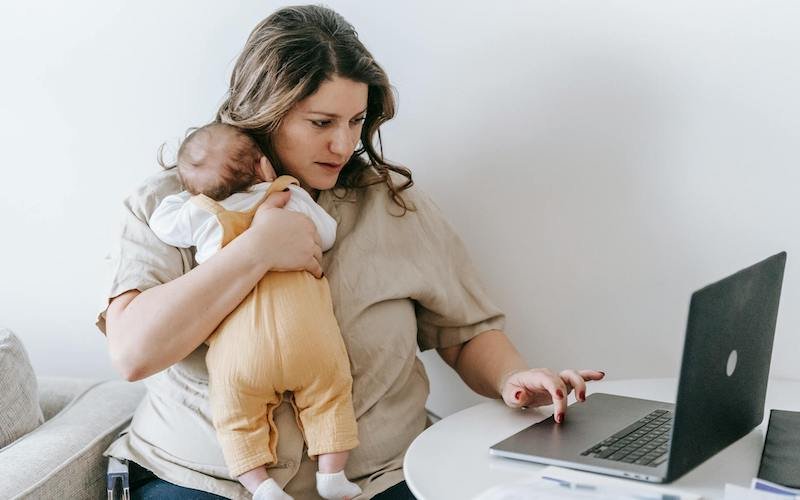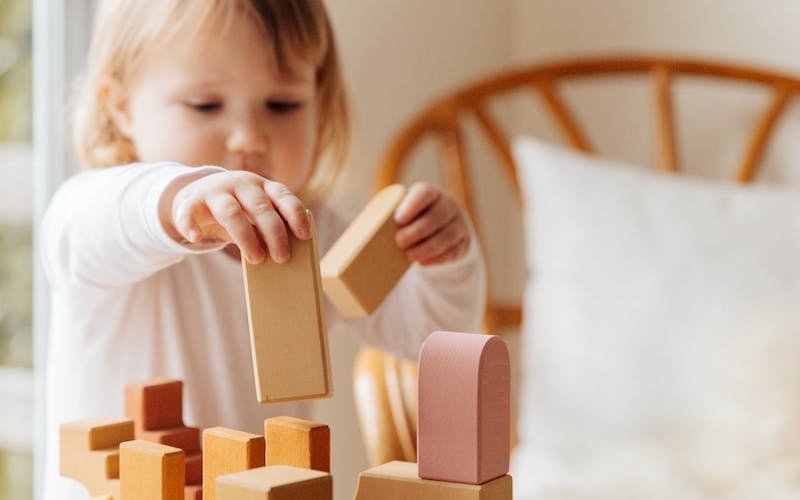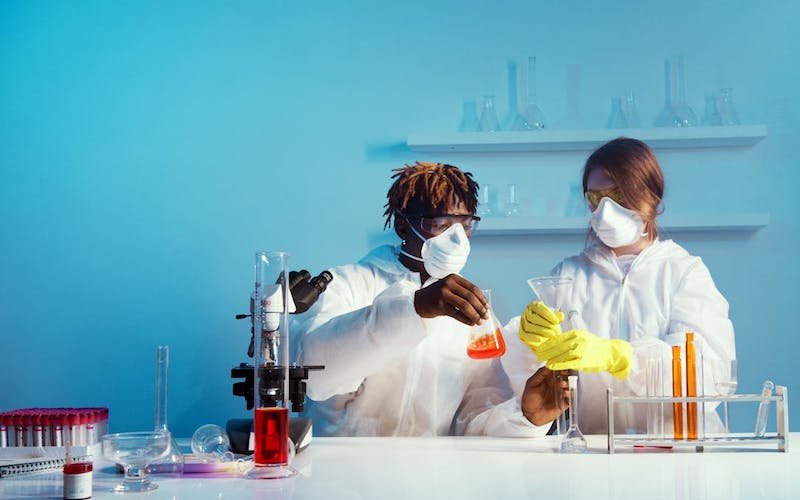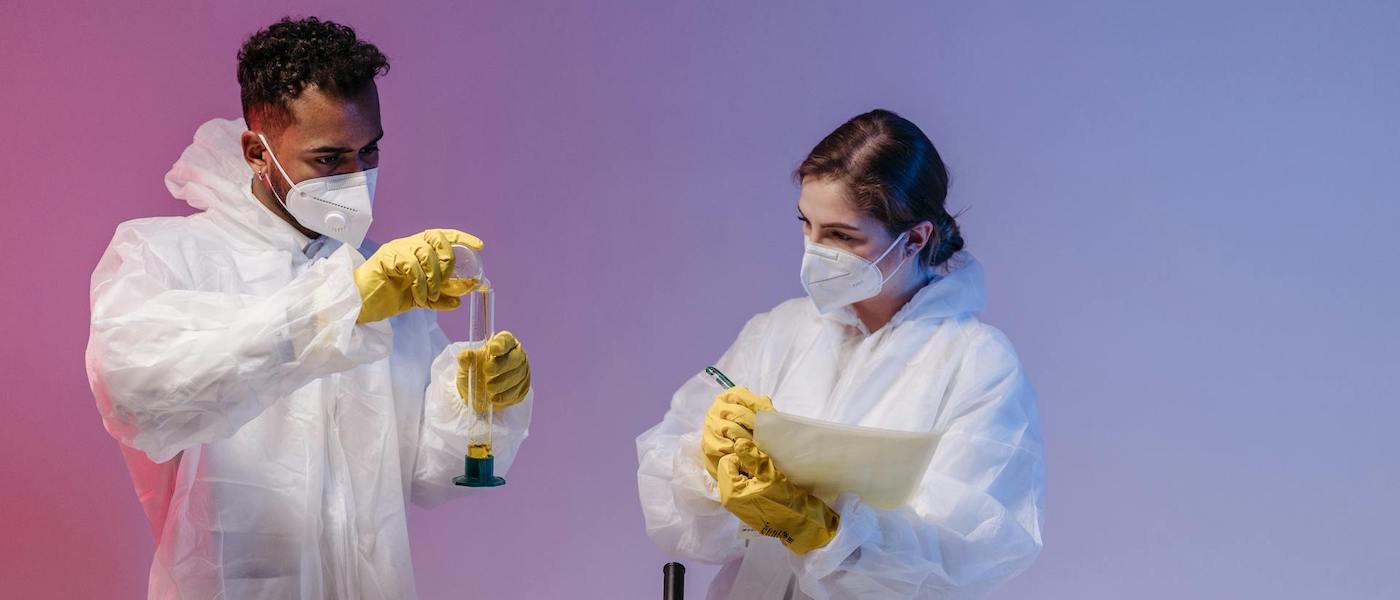Creation of a digital platform to support parents in the prevention, detection and support of mental health disorders in children [€2m].
01. Digital platform

This is one of the Institute's flagship projects. By 2026, the aim is to set up a digital interface between the Institute and families, healthcare, early childhood and education professionals, to provide innovative tools for self-detection, prevention strategies and support for children in a psycho-educational approach.
The expected outcome is the creation of a system to improve the learning and educational pathways of children and adolescents showing signs of neurodevelopmental disorders (autism, ADHD, dyspraxia, etc.) or socio-affective disorders (depression, anxiety).
The project is built on a broad national and international consortium of research and clinical (Hôpital Robert Debré, APHP; Child Mind Institute, NY, USA) and educational (Learning Planet Institute, Paris; iféa, Paris; Académies de Versailles, Paris, Créteil) players, and draws on the existing CléPsy library of online psycho-educational resources for parents and teachers.
Drawing on evidence-based data from international literature, CléPsy offers fact sheets, guides, tools and other support for parents (over a million views since 2020).
Thanks to scientifically validated applications and adapted online questionnaires, families, teachers and childcare professionals will be able to assess children's strengths and vulnerabilities, track difficulties over time according to their lifestyle and environment, and evaluate the effectiveness of health and education interventions.
This platform will enable the acquisition of appropriate parenting skills, enabling personalized support for each child and referral to the healthcare system where necessary.
Its free access will facilitate access to good information and care for all, and reduce inequalities in access to care.
Interactive training modules will also be available online, particularly for teachers. Families, teachers and childcare professionals will be able to take part in the research if they so wish, providing the Institute with data on the general population.
Although the platform project will take 24 months to complete, it is possible to support CléPsy today, to adapt it to the most innovative technologies.
02. Gavroche: a laboratory for exploring children's cognition
A comprehensive, high-performance platform for exploring the cognition of typical and atypical children at the Institut Robert-Debré du Cerveau de l’Enfant [€2.7m]

This platform will provide researchers with the latest brain imaging methods (MRI, electroencephalography (EEG), near-infrared spectroscopy, ultrasound), as well as behavioral methods to measure children's behavior as closely as possible in calibrated or natural tasks (eye tracking, reaction times, thermographic cameras).
Beyond the isolated assessment of each child, we also want to study the social interactions that are so important to learning, using so-called hyperscanning methods, in which the synchronization of the brain activity of several children tested together is measured.
Until recently, the mechanisms and cerebral bases of these acquisitions were largely unknown to us, due to a lack of means for exploring young children. This lack of knowledge could only result in a poor understanding of neurodevelopmental disorders (autism, dys..., early depression, etc...) and the consequences of difficult events (prematurity, malnutrition, brain injury and malformation, epilepsy, toxic substances during pregnancy, lack of stimulation, etc...).
The invention and rapid spread of non-invasive brain imaging techniques and models of learning from cognitive science and artificial intelligence are revolutionizing our understanding of typical developmental milestones, and helping us to grasp the reasons for the stumbling blocks that lead to atypical development.
To make discoveries and find solutions to neurodevelopmental difficulties, the Institut Robert-Debré du Cerveau de l’Enfant needs a comprehensive, high-performance platform for exploring the cognition of typical and atypical children.
To make a success of such a platform, you need to go beyond the hardware :
1) bring together researchers from different laboratories and fields on the same site, so that the synergy between researchers from different cultures encourages discovery
2) welcome families and children so that they want to participate, come back and get involved. This type of research can only be carried out with the commitment of families.
We therefore need to create a magical place where families, researchers and clinicians can collaborate and participate, a place that is emblematic and representative of the institute: the Gavroche platform.
The platform will host permanent teams and teams in residence for a project. It will be structured to enable children to move seamlessly between the different facilities.
Children and their families will be welcomed as part of a participatory science approach that benefits everyone.
The platform will include :
A space for behavioral research
A space for MRI research
A space for imaging research (excluding MRI)
A space dedicated to hyperscanning
A sleeping room
03. Hosting teams of excellence
5 young researcher programs and 7 chairs of excellence [€5.4 M].

The Institut Robert-Debré du Cerveau de l’Enfant implements a highly ambitious scientific strategy, based on the complementarity of resident teams and outside talent.
This strategy is based on attracting young researchers in the fields of cognitive science, genetics, fundamental biology and the humanities, as well as creating an international center for research and reflection on the mechanisms involved in neurodevelopmental disorders.
The synergy between basic neuroscience, cognitive science and brain imaging should enable us to make a quantum leap in our knowledge of the brain and children's cognitive and affective development, and offer solutions for children suffering from neurodevelopmental disorders (mental retardation, dys..., autism, cerebral malformation, but also the consequences of a difficult environment, such as prematurity, malnutrition, lack of stimulation, etc.).
Our aim is to develop an international pole of research and reflection on the mechanisms explaining these difficulties, on possible resiliencies and compensations, on medical and educational solutions, and finally on prevention.
However, creating such a cluster requires substantial resources, which are insufficiently covered by public funding, as well as a vision at the interface of scientific, educational and societal fields that is poorly understood by compartmentalized public services.
That's why we're appealing to private generosity. Children are tomorrow's society, and therefore everyone's business.
Two types of action can be taken on behalf of the Institut Robert-Debré du Cerveau de l’Enfant :
Young researchers groups
The young researchers groups are designed for promising researchers in the early stages of their careers or post-doctorates, but not yet employed by research organizations (CNRS, Inserm, universities, etc.).
They are intended to cover important research topics not yet covered by teams at the institute, or to reinforce existing topics with new methodologies (engineering, applied mathematics, computer science, etc.).
Each group can bring together 3-4 people around a researcher. The program aims to attract new talent, and identify and support original scientific projects.
In today's hyper-competitive field of research, children's research is not highly prized, as it takes longer and is more difficult to carry out than in other fields. What's more, this research, at the interface of biology, medicine, psychology and sociology, is poorly appreciated by institutions, which divide the human race into subfields managed by different committees.
It is therefore important to give our young colleagues the opportunity to reveal their worth, and to support their initiatives before putting them in competition with other scientific fields by providing them with a stable position and adequate resources.
A 5-year young researcher program will be developed within the framework of the Robert-Debré du Cerveau de l’Enfant Institute, with 1 to 2 proposals selected every two years (800 K€ is needed to start a program).
Chairs of excellence (12-18 months)
The Chaires d'excellence program enables us to host eminent foreign researchers in residence, offering them acceptable financial conditions that go beyond those offered by research organizations, in return for their participation in the work of the Institute and teaching on the lines of the annual Chaires at the Collège de France (a prestigious inaugural lecture on a key issue, followed by specific teaching and participation in conferences organized by the Institute).
The contribution of excellent international skills is essential for our Institute, through partnerships with renowned foreign institutes (Child Mind Institute, King's College, Harvard Center on the Developing Child), to attract young researchers and encourage a flow of international collaborations.
The themes covered by these two programs will be validated by the Scientific Board of the Institut Robert-Debré du Cerveau de l’Enfant in line with its multi-year strategy.
A call for applications will be launched, with a selection committee comprising international experts (a Chair of Excellence represents a funding requirement of €200K).
How can you support us?
You can support us by making a donation to the Fondation de l'AP-HP, specifying that your donation is dedicated to the Institut Robert-Debré du Cerveau de l’Enfant.
Your donations are secure thanks to the Fondation de l'AP-HP, the AP-HP body authorized to receive and issue tax receipts.
There are several ways to make a donation to the Institut Robert-Debré du Cerveau de l’Enfant:

Your questions about donations
If you are an individual or a company, you can count on a tax reduction on presentation of a tax receipt following a donation.
For companies, your donation is tax deductible:
60% of your donation is deductible from your corporate income tax, up to a limit of €20,000 or 5% of your sales excluding VAT, whichever is higher.
For individuals, if you are subject to income tax, you can benefit from a tax reduction:
75% of the amount of your donation, up to the legal limit of €1,000.
Beyond that, the reduction is 66%, up to 20% of your taxable income.
So if you make a donation of €100, it will cost you just €25 after tax reduction.
The AP-HP Foundation's Finance Department regularly monitors and controls the allocation of donations to support the missions of the Institut Robert-Debré du Cerveau de l’Enfant.
In 2021, the Chambre régionale des comptes d'Ile-de-France also audited the management and accounts of the Fondation de l'AP-HP for the period 2016-2020. The final report of observations, which was presented to the Board of Directors of the Fondation de l'AP-HP on July 1, 2022, highlights in particular the financial autonomy rapidly acquired by the Foundation thanks to the significant growth in its activity over the four years studied, as well as its sound management, based on the control of legal and financial risks and the economy of means in which its activities are developed.
We'd be delighted to hear from you, but it's the Institute's policy not to earmark donations and to pool the funds received for all its missions.
This principle of pooling allows us to intervene solely on the basis of real needs, and not on the basis of financial considerations or high-profile causes. Consequently, if the donations received exceed the commitments made, they will be reallocated to other programs.
However, if you still wish to earmark your donation for a particular theme or campaign, you can do so by contacting our Donor Relations Department.
If you have any questions about donations, please contact our Donor Relations Department.
We can also be reached by phone: +33 6 13 27 09 25.
Why not become a patron?
Faced with the major challenges facing our society, companies and foundations have an essential role to play.

